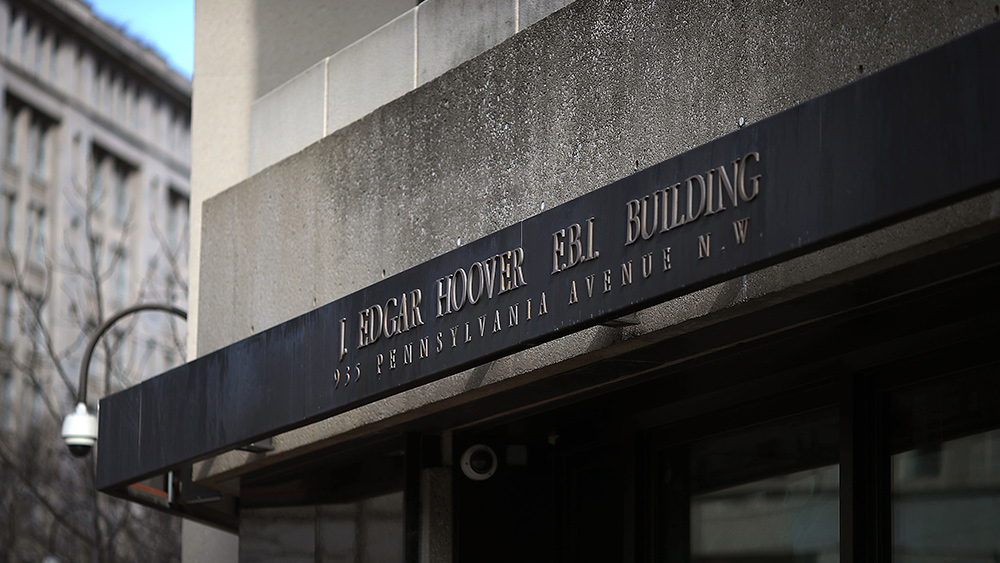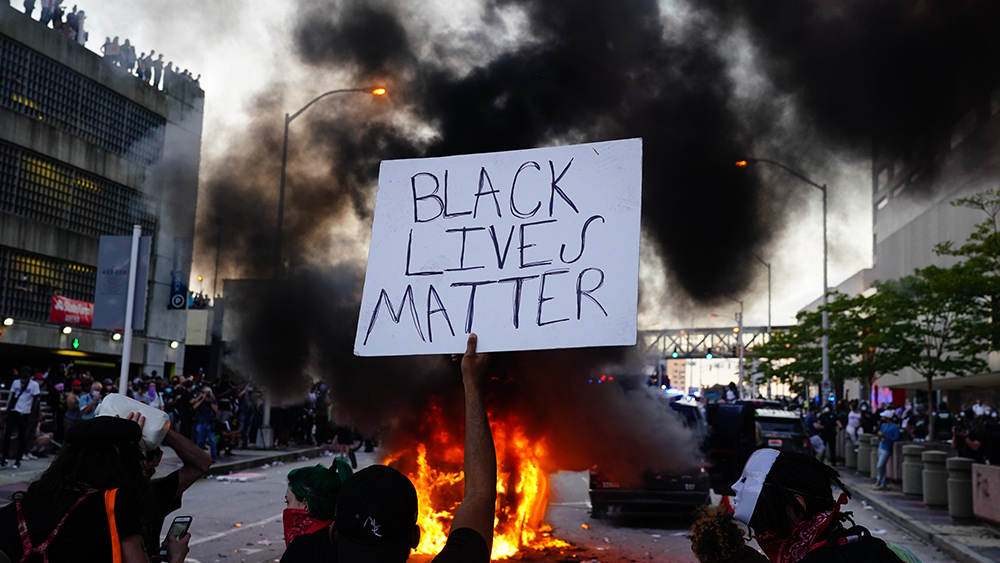
Texas Gov. Greg Abbott has signed a bill ordering the closure of diversity, equity and inclusion (DEI) offices in all state-funded colleges and universities.
The Republican governor signed Senate Bill (SB) 17 into law on June 14, after it was passed by the Texas Legislature in May. It ordered the closure of existing DEI offices and prohibited the establishment of new ones in publicly-funded higher education institutions in the Lone Star State. It also banned mandatory diversity training for both students and employees starting January 2024.
Moreover, SB 17 stressed that institutions cannot endorse an ideology that promotes differential treatment based on race, color or ethnicity. Public educational institutions also cannot require students and employees to disclose their race, color, ethnicity or national origin unless it is necessary for demographic information under the measure. Any public college or university that does not adhere to the new law would be unable to spend state funds allocated to it.
The law also requires state officials to conduct studies every two years until 2029 to assess the impact of the law on students. The studies will specifically analyze rates of application, acceptance, enrollment, retention, graduation and grade point averages. (Related: DEI captures the University of Florida.)
Republican State Sen. Brandon Creighton, one of the authors of SB 17, called the newly-signed law "the most significant ban on DEI in higher education in the nation." He noted that it will promote a merit-based approach in evaluating individuals based on their qualifications, skills and contributions.
"Education is the greatest equalizer in our nation, and Texas is home to world-class and innovative colleges and universities," the state lawmaker said. "The decisions we make for higher education today determine our Texas of tomorrow."
Democrats find ways to criticize SB 17
GOP state lawmakers in Texas have generally supported eliminating DEI initiatives, arguing that cutting funds for such programs would save taxpayers millions of dollars. They insist that such initiatives promote discrimination and racial profiling, prioritize race over merit. Moreover, DEI programs could hinder the ability of state colleges to attract diverse students.
But SB 17 was not without opposition, with Democratic state lawmakers actively leading the charge.
Democratic State Sen. Royce West remarked that instead of dismantling the entire DEI program, efforts should be made to improve and rectify isolated incidents. Democratic State Rep. Ron Reynolds, chairman of the Texas Legislative Black Caucus, added that the state appears unwilling to confront systemic inequalities and provide an inclusive learning environment for all students.
Paulette Granberry Russell, president of the National Association of Diversity Officers in Higher Education, also expressed disappointment over SB 17. She dubbed Abbott's signing of the law as a "sad occasion for all students in state-funded universities in Texas." According to Russell, dismantling DEI programs and offices would hinder students' success and that a diverse student body benefits all students, regardless of race.
Visit PublicEducation.news for more stories about DEI programs in public universities and colleges.
Watch this video discussing a similar move by Florida Gov. Ron DeSantis to block DEI programs on state colleges and universities in the Sunshine State.
This video is from THE HEALTHY AMERICAN channel on Brighteon.com.
More related stories:
Sources include:
Please contact us for more information.



















